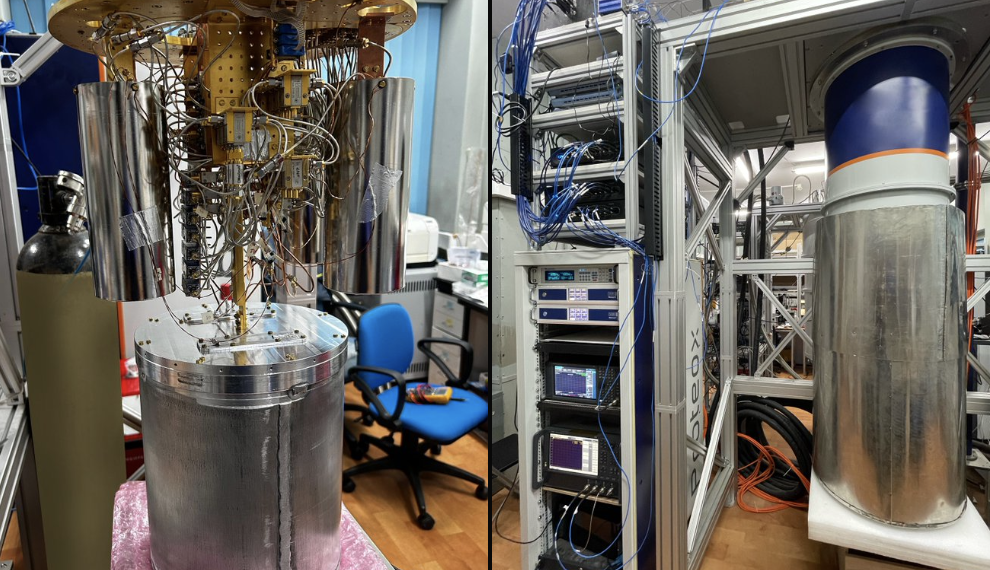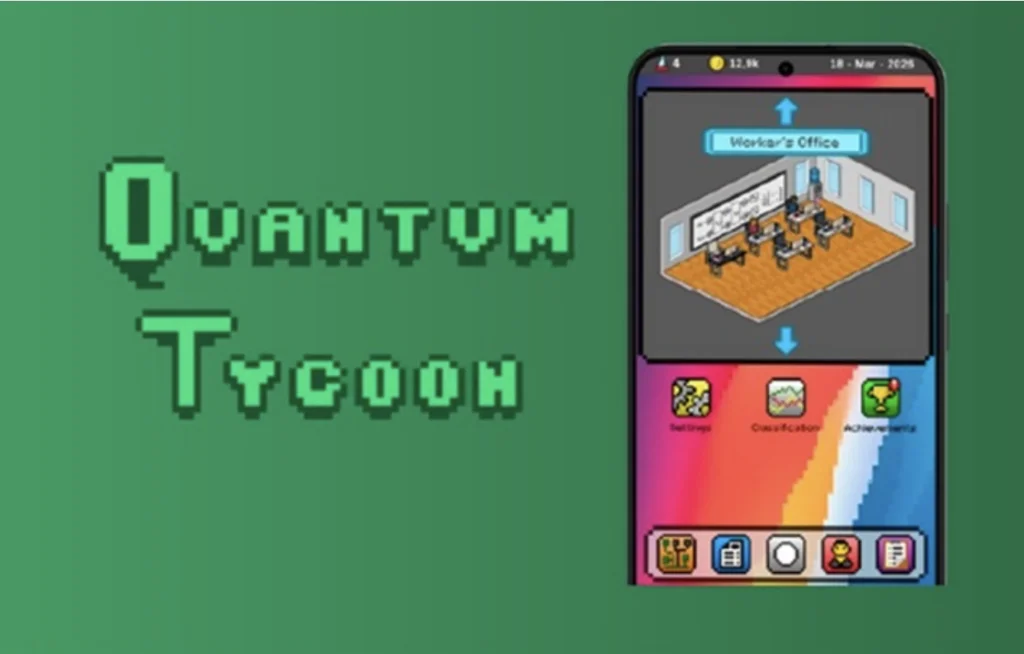Insider Brief
- Scientists from DRDO, TIFR and TCS successfully tested a 6-qubit quantum processor using superconducting circuit technology, marking a milestone in India’s quantum research efforts.
- The testing process involved submitting quantum circuits via a cloud interface, executing them on quantum hardware, and updating results, demonstrating full system integration.
- The team is now focused on optimizing system performance and scaling up the number of qubits, with future plans to provide access for education, research and commercial testing.
- Image: DRDO X.com
PRESS RELEASE — Scientists from Defence Research and Development Organisation — DRDO — Young Scientists Laboratory for Quantum Technologies (DYSL-QT), Pune and Tata Institute of Fundamental Research (TIFR), Mumbai have completed end-to-end testing of a 6-qubit quantum processor based on superconducting circuit technology.
The demonstration was carried out in front of the apex committee overseeing the DYSL-QT. This included submitting a quantum circuit from a cloud-based interface, the execution of the programme on the quantum hardware and updating the cloud interface with computed results.
The project being executed at TIFR Mumbai’s Colaba campus is a three-way collaboration between DYSL-QT, TIFR and Tata Consultancy Services (TCS). The DYSL-QT scientists put together the control and measurement apparatus using a combination of commercial off-the-shelf electronics and custom-programmed development boards. The qubits were designed and fabricated at TIFR and the quantum processor architecture is based on a novel ring-resonator design invented at TIFR. The cloud-based interface to the quantum hardware is developed by TCS.

The scientists are now working on optimising various aspects of the system performance before it becomes ready for operation. Plans are underway to provide wider access to this system for education, research and eventually as a test bed for testing superconducting quantum devices for analysis.
The next development target is to scale up the number of qubits and assess the scaling trends with respect to technology challenges, development effort/time and monetary resources required for development, operations & commercialisation of various sizes of quantum computers. This will involve a holistic view from the quantum theory to engineering to business feasibility.
Read more about India’s quantum computer here.
Read about the nation’s quantum mission here.















